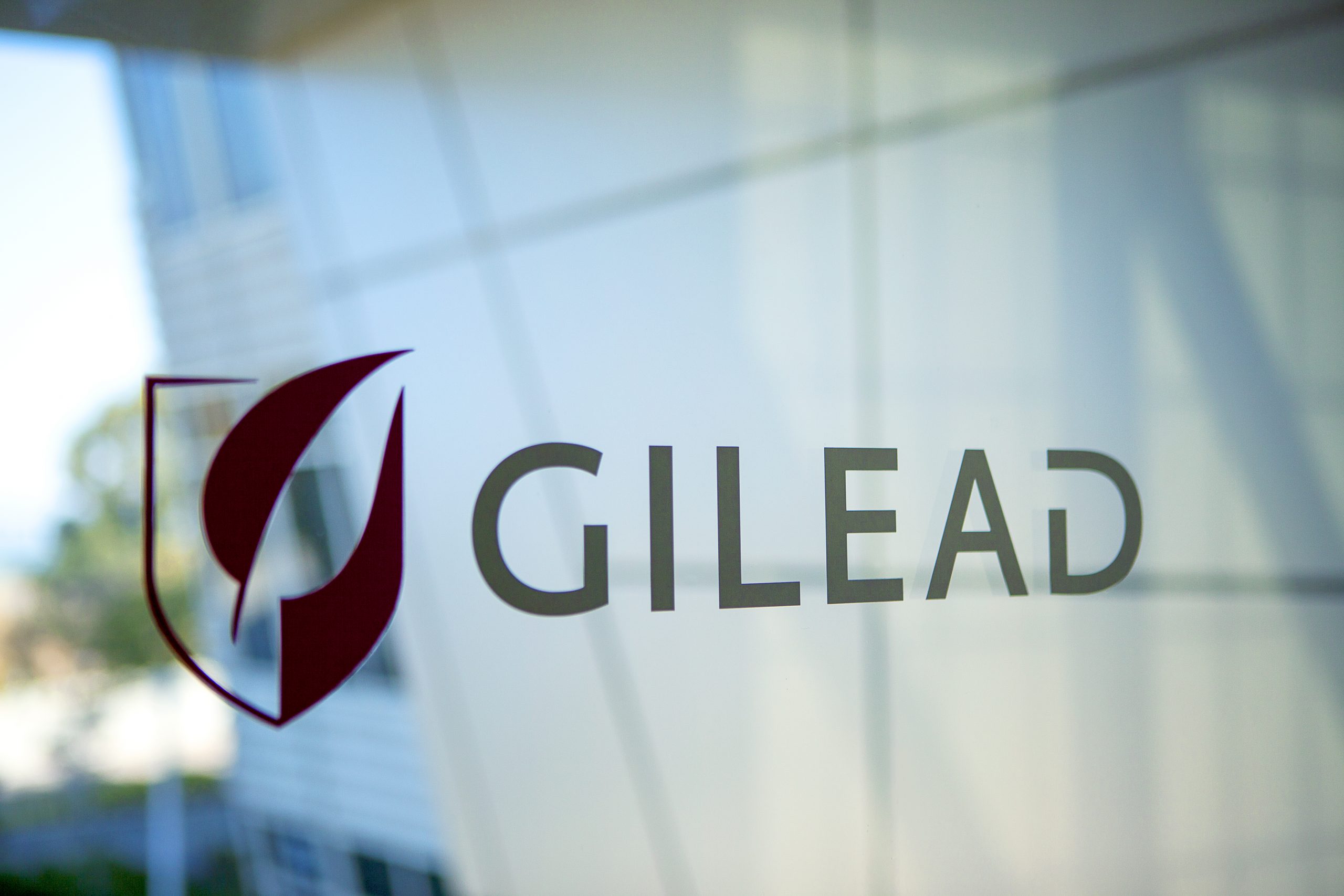Can Gilead find another Pharmasset in 2017?

Back in 2011 Gilead, and former CEO John Martin, stunned the market with the $11 billion acquisition of Pharmasset, a company developing a little-known drug called PSI-7977.
This went on to become the blockbuster hepatitis C drug, Sovaldi (sofosbuvir) – the backbone for Gilead’s multi-billion dollar hepatitis C franchise.
It looks increasingly as though Gilead, now under the leadership of CEO John Milligan, will need to pull off a similar coup to revive its fortunes.
The company forecast sales of hepatitis C drugs will be far below market expectations in its fourth quarter results announcement.
Many seriously ill patients in the US have now been cured and those who remain have less-advanced disease and may favour delaying treatment, the company said. The situation is similar in Europe and Japan.
There is also competition in the market, with a rival treatment from Merck & Co, as well as AbbVie trying to get a competitor combination treatment approved in the US and Europe.
Gilead forecast hepatitis C sales of $7.5 billion to $9 billion, much lower than analysts’ expectations, which were in the region of $12 billion.
The number of patients beginning treatment last year was around 231,000, but this will fall to around 160,000 this year, the company stated.
In Q4, product sales were $7.2 billion, down from $8.4 billion in the same period last year. For the full year in 2016, sales were just under $30 billion, down from more than $32.6 billion in 2015.
Off the back of these disappointing figures, Milligan admitted to investors it would be “challenging” for the company to “grow without an acquisition”.
Matters have been made worse by a series of failures – late last year Gilead’s pulmonary arterial hypertension and diabetic kidney disease drug, selonsertib, failed in phase 2 trials, although Gilead will continue developing the drug in the fatty liver disease, NASH. Gilead also dropped fatty liver disease drug simtuzumab in November.
And at the end of the year, a US court ordered Gilead to pay Merck & Co $2.54 billion, saying that Sovaldi infringed patents held by Merck’s subsidiary, Idenix.
The good news for Gilead is that it can finance a pretty sizable merger as it is sitting on a pot of cash worth around $32.4 billion, up from around $26 billion at the end of 2015. But the question is whether the company can unearth another gem like Pharmasset.











